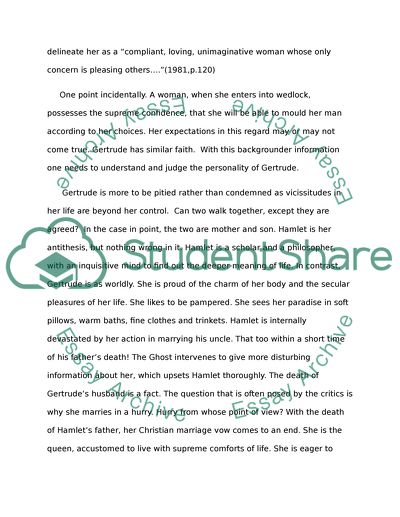Cite this document
(The Original Question in the Drama Hamlet Essay, n.d.)
The Original Question in the Drama Hamlet Essay. Retrieved from https://studentshare.org/literature/1567142-essay-for-hamlet-character-analysis
The Original Question in the Drama Hamlet Essay. Retrieved from https://studentshare.org/literature/1567142-essay-for-hamlet-character-analysis
(The Original Question in the Drama Hamlet Essay)
The Original Question in the Drama Hamlet Essay. https://studentshare.org/literature/1567142-essay-for-hamlet-character-analysis.
The Original Question in the Drama Hamlet Essay. https://studentshare.org/literature/1567142-essay-for-hamlet-character-analysis.
“The Original Question in the Drama Hamlet Essay”, n.d. https://studentshare.org/literature/1567142-essay-for-hamlet-character-analysis.


